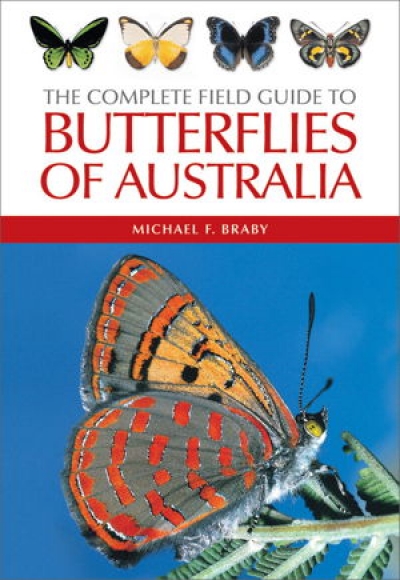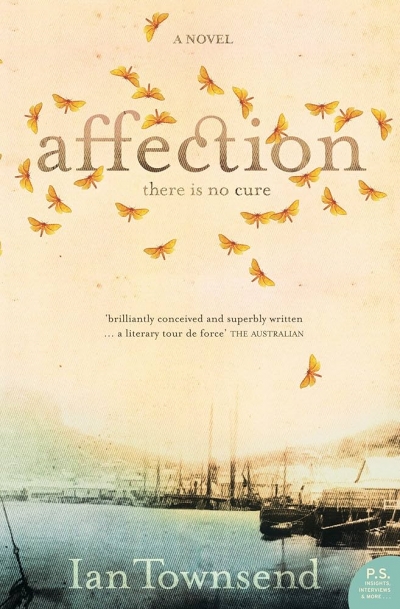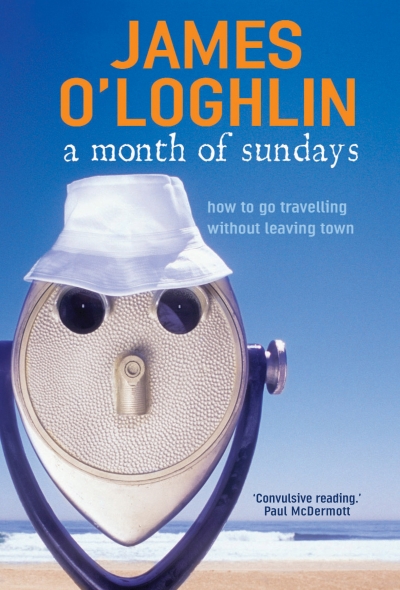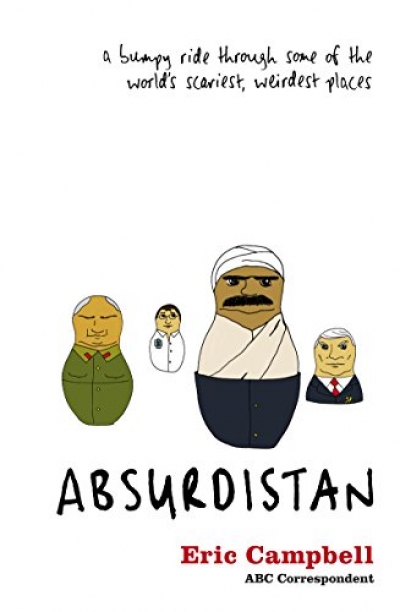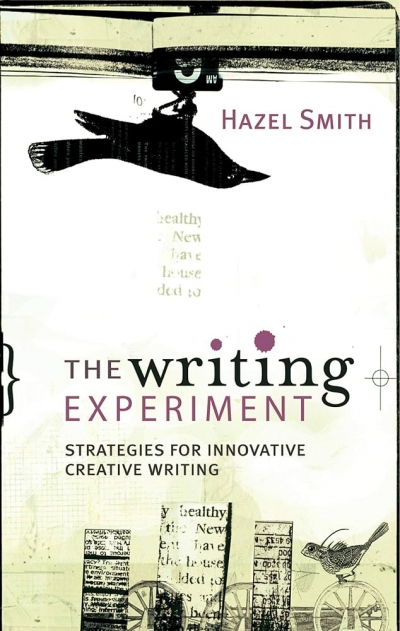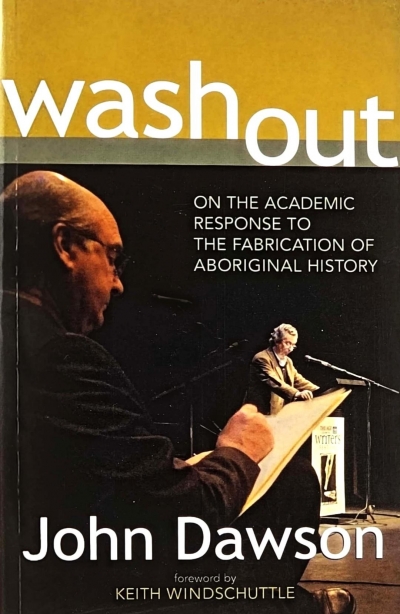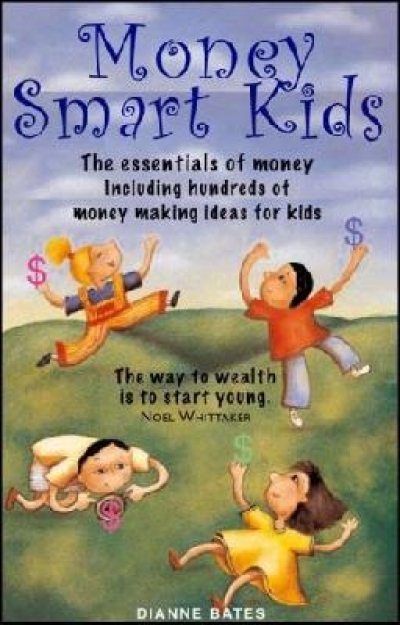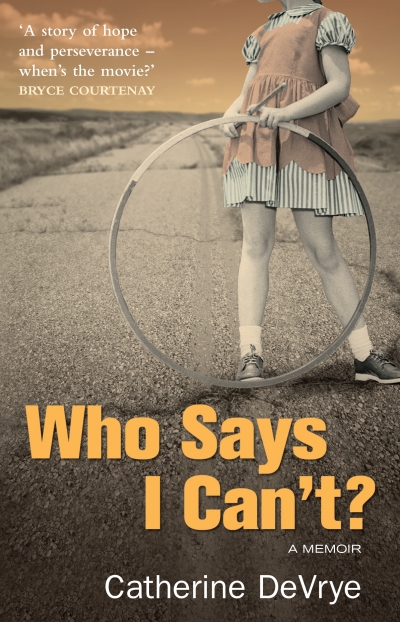Review
‘Most of us have a good bit of ego wrapped up in our children. We want them to do well so that we feel good about ourselves as well as them,’ says the wise and frank Jackie French. Parents walk a fine line between encouragement and pressure. Each of the above books is careful not to let itself fall over that line.
... (read more)The Complete Field Guide to Butterflies of Australia by Michael F. Braby
Absurdistan: A bumpy ride through some of the world's scariest, weirdest places by Eric Campbell
The Writing Experiment: Strategies for innovative creative writing by Hazel Smith
Washout: On the academic response to the fabrication of Aboriginal history by John Dawson
Money Smart Kids by Dianne Bates & Hoosh! Camels in Australia by Janeen Brian
Friendship is an integral part of the human condition. As the picture books reviewed here show, it can take many forms: an inanimate object; something you magically concoct; someone you meet in a shelter for the homeless; the firefighters who save your house; or even a well-loved poem. However, which, if any, of these books will become a child’s lifelong friend will depend not only on the needs and tastes of the individual child but also on how effectively the illustrator and author have combined their talents to present an engaging and meaningful narrative.
... (read more)
